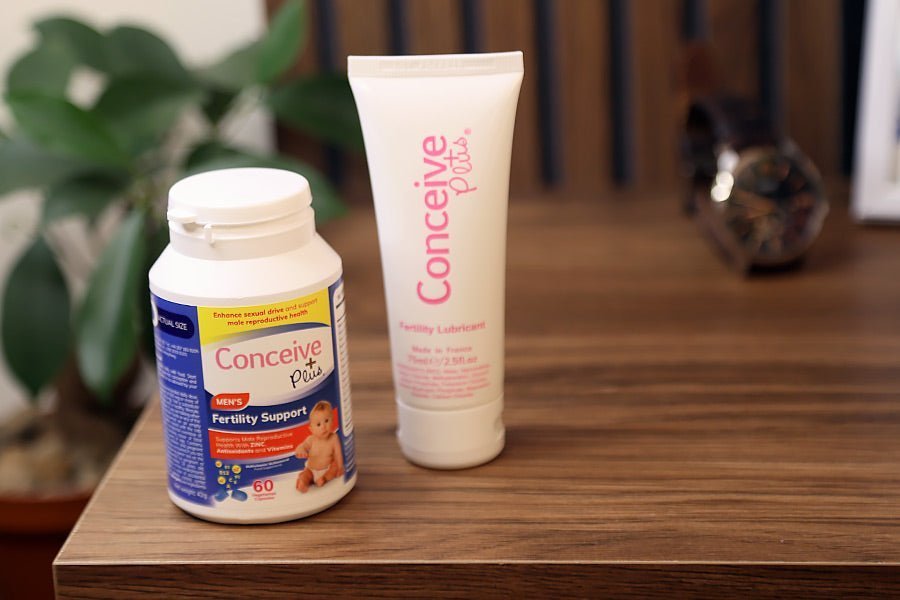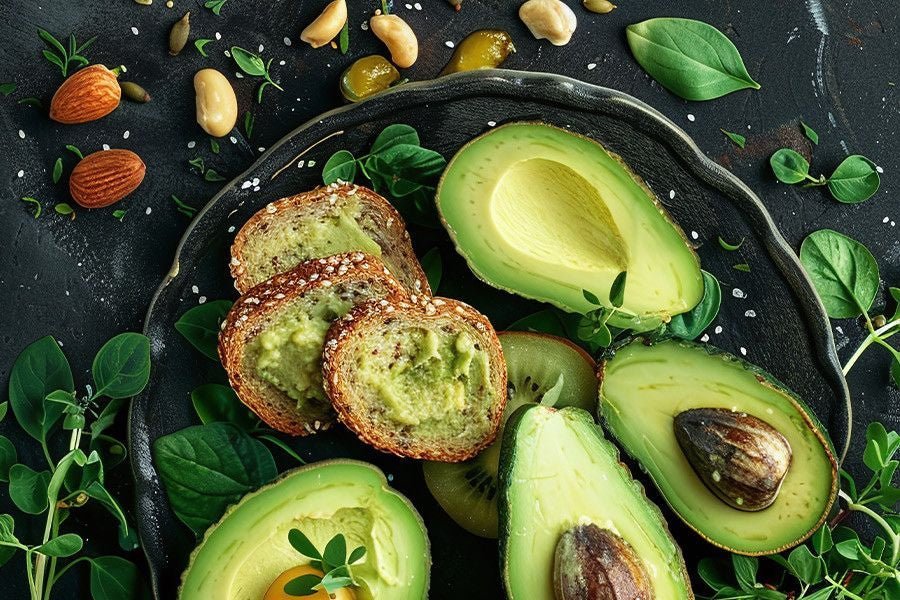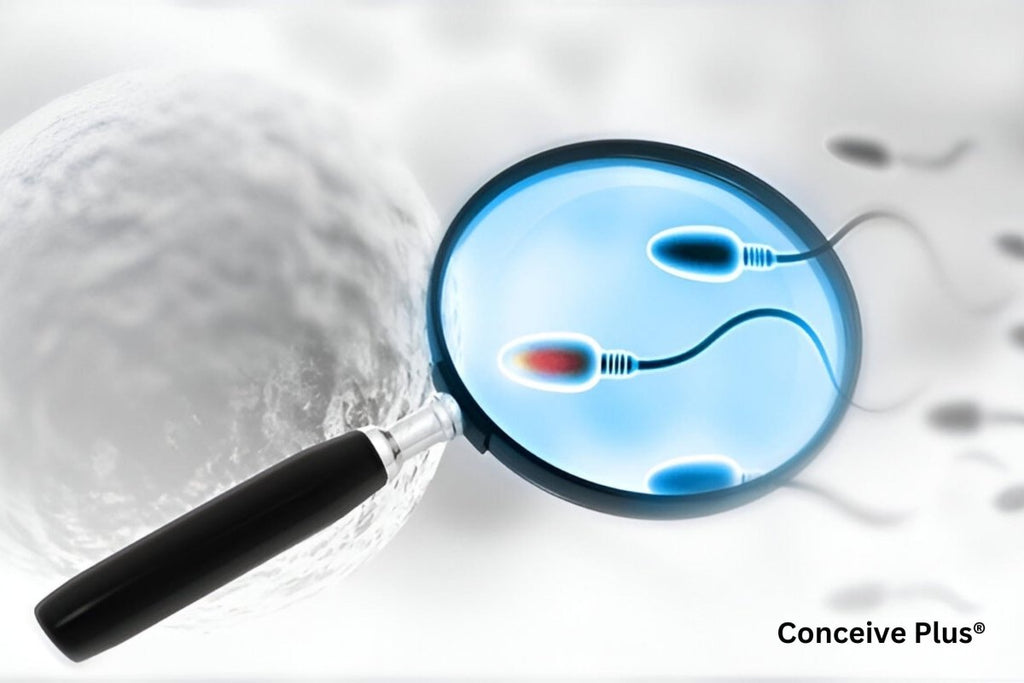How Conceive Plus Fertility Support Helps Reproductive Health

If you’re trying to conceive, you’ve probably heard about Conceive Plus fertility support products. It’s popular for a reason. This whole range is designed to naturally boost reproductive health in both men and women. It focuses on improving the essentials—things like hormone balance, egg and sperm quality, and just overall reproductive well-being. In this piece, we’re going to dive into how Conceive Plus fertility support products do exactly that. So, let’s see what makes it effective.
Why Fertility Lubricants Matter for Conception
Let’s talk about the fertility lubricant pre-filled applicators and the fertility lubricant tubes. These are more than just regular lubricants you’d grab at the drugstore. They’re part of the Conceive Plus fertility support package, specifically created to make conception a lot easier. Here’s why: the lubricants contain essential ions like calcium (Ca2+) and magnesium (Mg2+), which are known to support sperm survival and fertilization [1]. Sounds technical, right? But really, these ingredients just mimic the body’s natural cervical fluids. This helps sperm swim smoothly toward the egg.
The pre-filled applicators are designed for easy use—just insert them before intercourse. The fertility lubricant tube, on the other hand, is more of a multi-use option that can be applied externally. Either way, they help create the ideal pH balance and moisture needed for sperm viability. Regular lubricants can sometimes harm sperm, but these don’t. That’s the real difference here.
Top Tip: Use pre-filled applicators about 10-15 minutes before intercourse. It helps ensure optimal lubrication and sperm-friendly conditions.
Vitamins: Small But Mighty
Vitamins play a big role in making sure your body is ready for conception. They help with hormone regulation, support reproductive health, and even improve egg and sperm quality.
Vitamin D is one of the stars here. It helps balance hormones and supports ovarian function in women. It’s also necessary for proper calcium absorption, which is important for many reproductive processes [2].
Vitamin C does something a bit different. It’s an antioxidant, so it protects both eggs and sperm from damage caused by oxidative stress. It’s one of those essential ingredients you really need when you’re trying to conceive [3].
And then there’s folic acid. You probably already know how important it is, especially for women who are trying to conceive. It supports DNA synthesis, reduces the risk of neural tube defects, and helps maternal tissue growth during healthy pregnancy [4].
Top Tip: Start taking these vitamins at least three months before trying to conceive for best results.
Minerals That Make a Difference
Minerals are the unsung heroes of Conceive Plus fertility support products. They’re all about improving reproductive health and supporting hormone balance. Let’s break it down a bit.
Zinc is really important for men. It supports sperm production and hormone regulation. It also boosts immunity, which isn’t directly related to conception but can help maintain overall health during the process. Plus, zinc improves sperm motility and shape, making it a crucial part of the Conceive Plus fertility supplements for men [5].
Calcium and magnesium do their work a bit differently. They help maintain a balanced pH in the reproductive tract, which is necessary for sperm to survive and fertilize the egg. The minerals in these lubricants essentially replicate the body’s natural fluids to give sperm the best shot at reaching the egg.
And we can’t forget iron. It supports oxygen transport to reproductive organs. For women, it’s particularly beneficial because it aids in regular ovulation, which is essential for a healthy menstrual cycle [6].
Top Tip: Eating foods rich in zinc, iron, calcium, and magnesium can also help support your fertility goals.
Amino Acids: The Building Blocks
Amino acids like L-arginine, L-carnitine, and taurine are a key part of Conceive Plus fertility support. These little molecules play a big role in enhancing reproductive health for both men and women.
L-Arginine increases blood flow to reproductive organs, which can improve sperm quality and boost sexual health overall [7]. It’s a powerhouse for anyone trying to conceive.
L-Carnitine is more specific to male fertility. It enhances sperm motility by boosting energy production inside sperm cells. Better motility means sperm can move more efficiently toward the egg, increasing chances of successful fertilization [8].
And then there’s taurine. It’s all about reducing stress and supporting overall cellular health, which benefits both eggs and sperm [9].
These amino acids are included in Conceive Plus tablets for both men and women. They help improve the overall reproductive environment, making it easier to conceive.
Top Tip: Keep up with your amino acid supplements regularly, as results usually start to show after three to six months.
Ovulation and Motility: The Specific Support You Need
The Conceive Plus fertility support range includes products specifically designed for both ovulation and sperm motility.
Women’s Ovulation Support is loaded with ingredients like myo-inositol, D-chiro inositol, and folic acid, which help regulate hormonal balance, improve egg quality, and promote regular ovulation [10]. Women with PCOS often benefit the most from this type of support because it helps manage insulin levels and stabilize menstrual cycles.
Men’s Motility Support is another standout product. It’s formulated with L-carnitine, CoQ10, and ashwagandha to improve sperm count, motility, and quality. It also helps reduce stress, which is often overlooked but essential for maintaining testosterone levels.
The key to seeing results is consistency. Taking these supplements over three to six months can make a noticeable difference in fertility outcomes.
User Feedback on Conceive Plus Fertility Support
People really seem to like Conceive Plus fertility support. On platforms like Amazon and Shopify, the products have an average rating of around 4.5 stars. Users frequently mention improved fertility, better reproductive health, and successful pregnancies after consistent use. Many people appreciate that the products are easy to use, with natural ingredients that support fertility without harsh side effects.
The Bottom Line
Conceive Plus fertility support is more than just supplements and lubricants. It’s a holistic, natural approach to improving reproductive health for both men and women. Whether you’re looking to enhance sperm motility, boost egg quality, or create a sperm-friendly environment, this range has something for everyone. Consistent use, along with a healthy lifestyle, can make a significant difference. If you’re serious about improving your chances of getting pregnant, give Conceive Plus fertility support a try. The results could be just what you’ve been hoping for.
FAQs
How does Conceive Plus fertility support help with conception?
It combines vitamins, minerals, amino acids, and lubricants to balance hormones, improve egg and sperm quality, and create a sperm-friendly environment for conception.
Is Conceive Plus suitable for men?
Yes, Conceive Plus for men includes ingredients like L-carnitine and zinc, which are proven to enhance sperm count, motility, and quality, boosting male fertility.
What do Conceive Plus pills reviews say?
The Conceive Plus pills reviews are generally very positive, with many users reporting successful pregnancies after consistent use. A common suggestion is to use the supplements for at least three to six months for the best results.
How should Conceive Plus tablets be used?
Conceive Plus tablets are meant to be taken daily, ideally starting three months before trying to conceive for maximum effectiveness.
Can Conceive Plus help with PCOS?
Yes, ingredients like myo-inositol and folic acid can help regulate hormones and improve ovulation, making them especially beneficial for women with PCOS.
Citations
- Yahyavi, S. K., Boisen, I. M., Cui, Z., Jorsal, M. J., Kooij, I., Holt, R., Juul, A., & Blomberg Jensen, M. (2024). Calcium and vitamin D homoeostasis in male fertility. The Proceedings of the Nutrition Society. Available at: https://pubmed.ncbi.nlm.nih.gov/38072394/
- Holick M. F. (2007). Vitamin D deficiency. The New England journal of medicine. Available at: https://pubmed.ncbi.nlm.nih.gov/17634462/
- Hemilä H. (2017). Vitamin C and Infections. Nutrients. Available at: https://pubmed.ncbi.nlm.nih.gov/28353648/
- Berry, R. J., Li, Z., Erickson, J. D., Li, S., Moore, C. A., Wang, H., Mulinare, J., Zhao, P., Wong, L. Y., Gindler, J., Hong, S. X., & Correa, A. (1999). Prevention of neural-tube defects with folic acid in China. China-U.S. Collaborative Project for Neural Tube Defect Prevention. The New England journal of medicine. Available at: https://pubmed.ncbi.nlm.nih.gov/10559448/
- Fallah, A., Mohammad-Hasani, A., & Colagar, A. H. (2018). Zinc is an Essential Element for Male Fertility: A Review of Zn Roles in Men's Health, Germination, Sperm Quality, and Fertilization. Journal of reproduction & infertility. Available at: https://pubmed.ncbi.nlm.nih.gov/30009140/
- Beard J. L. (2000). Iron requirements in adolescent females. The Journal of nutrition. Available at: https://pubmed.ncbi.nlm.nih.gov/10721923/
- Pahlavani, N., Jafari, M., Sadeghi, O., Rezaei, M., Rasad, H., Rahdar, H. A., & Entezari, M. H. (2014). L-arginine supplementation and risk factors of cardiovascular diseases in healthy men: a double-blind randomized clinical trial. Available at: https://pmc.ncbi.nlm.nih.gov/articles/PMC5510020/
- Mateus, F. G., Moreira, S., Martins, A. D., Oliveira, P. F., Alves, M. G., & Pereira, M. L. (2023). L-Carnitine and Male Fertility: Is Supplementation Beneficial?. Journal of clinical medicine. Available at: https://pubmed.ncbi.nlm.nih.gov/37762736/
- Schuller-Levis, G. B., & Park, E. (2003). Taurine: new implications for an old amino acid. FEMS microbiology letters. Available at: https://pubmed.ncbi.nlm.nih.gov/14553911/
- Nestler, J. E., Jakubowicz, D. J., de Vargas, A. F., Brik, C., Quintero, N., & Medina, F. (1998). Insulin stimulates testosterone biosynthesis by human thecal cells from women with polycystic ovary syndrome by activating its own receptor and using inositolglycan mediators as the signal transduction system. The Journal of clinical endocrinology and metabolism. Available at: https://pubmed.ncbi.nlm.nih.gov/9626131/
Conceive Plus is the best place to buy myo-inositol online for the best myo-inositol supplements Conceive Plus Ovulation Support contains premium myo-inositol for sale. Order myo-inositol capsules online today to boost your ovulation and regulate hormones and menstrual cycles.













